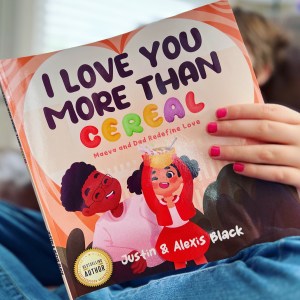
Hello, friends! Our book today is Bitsy Bat, School Star by Kaz Windness, a heartwarming look at neurodiversity and the importance of accessibility.
Bitsy Bat is nervous for her first day of school, but her family helps her practice all the things she will do. Yet when she arrives at school, she finds that her way of doing things doesn’t always fit into the classroom norm: sitting right-side up instead of hanging upside-down makes her dizzy, painting with her wings leaves her feeling sticky and uncomfortable, and the other kids don’t like the bugs that she brought for lunch (they’re the only thing she eats). In addition, the lights are too bright, the sounds are too loud, and no matter how hard she tries, she is told that she’s doing things “wrong.” All this frustration leads to a major meltdown, and a refusal to return to school the next day. Bitsy’s parents remind her that there’s nothing wrong with her; she’s different, and perfect as she is. Inspired by the reminder that she is a “big star,” Bitsy comes up with a game plan to not only make school for accessible for her, but also to show her class that it is our differences that make us special.
Wonderful. While the topic of neurodiversity is never directly mentioned in the story’s text, Windness cleverly weaves a metaphor that expresses the challenges of attending school as a neurodivergent child, and without patronizing those with special needs. Bitsy is depicted as being a capable, intelligent, social, and eager student; the classroom – and the attitudes of the other students – are simply not conducive to her specific needs. This is a critical distinction, and one that Windness handles with grace, both in the gentle yet affecting story and the charming artwork (which features other examples of classroom inclusion, such as an LGBTQIA-coded character and one who uses a wheelchair). Autism and neurodiversity are detailed more in the backmatter. The length is great for a storytime, and JJ absolutely loved this one. This is a beautiful tale for reminding readers that accommodating those with disabilities strengthens the diverse communities that we live in. Overall, Baby Bookworm approved!
(Note: A copy of this book was provided to The Baby Bookworm by the publisher in exchange for an honest review.)









